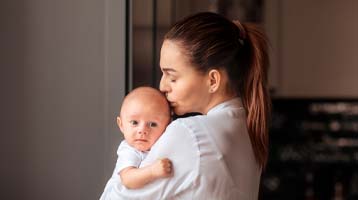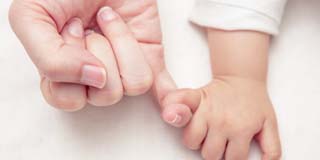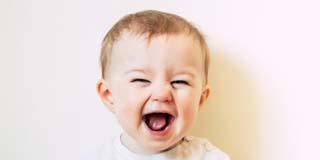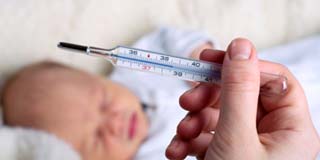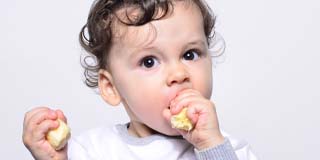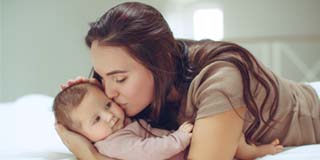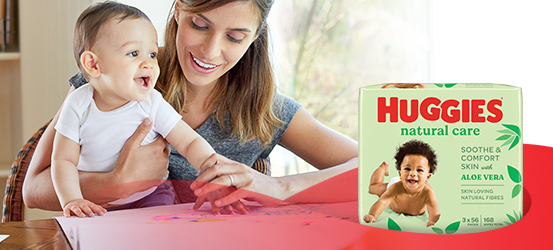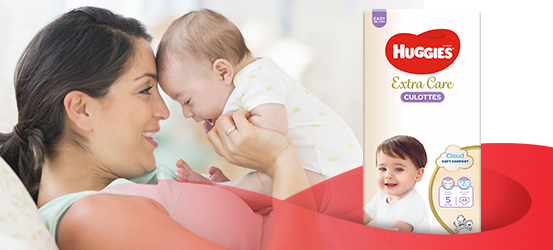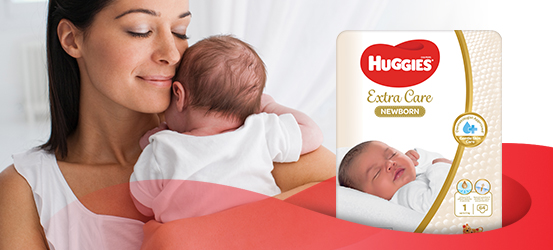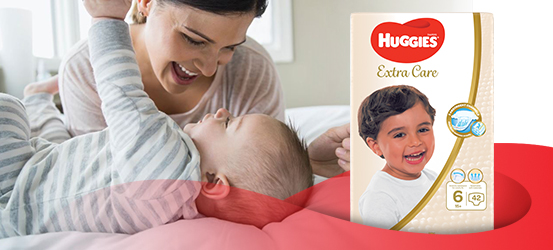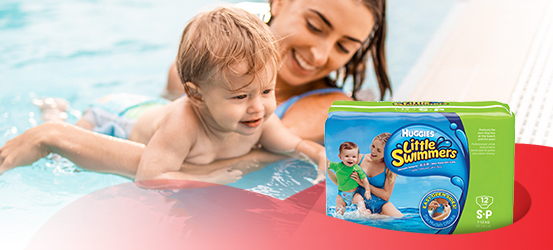It is every parent’s worst nightmare - that their child may fall victim to a paedophile or sexual abuse/ rape. The statistics themselves are sobering:
One in four men in South Africa have committed rape; and
One in six of all reported chronic sexual abuse cases is a girl under the age of 12 years.
So how can you best protect your children?
In 2005, a shocking observation was made – that well-organised paedophile groups are targeting South Africa "because we don't have strict laws" – that is a crying shame. But in fact, there are other laws protecting our children:
Section 28 (d) of the Bill of Rights, as contained in the Constitution, which states that every child has the right to “be protected from maltreatment, neglect, abuse or degradation”;
The Children’s Act 38 of 2005 which deals with offences committed against children.
Who abuses children?
The statistics are quite shocking:
In as many as 93% of child sexual cases, the child knows the person that commits the abuse.
Most are acquaintances but as many as 47% are family or extended family.
85% of the time children are abused by someone they know.
But it is your duty as a parent to safeguard your child. And the best protection against these types of offenders is to smarten up and educate yourself – they are out there.
Trust your gut
Firstly, it is important to know that it is less likely to be a stranger who abuses your child; instead they are usually people involved in the lives of you and your child. The best advice is to trust your gut. If you find yourself, even in the smallest way, wary of the intentions of someone wishing to be alone with your child, then respond to these instincts and say ‘No’.
Educate yourself and your child
As parents it is important to work with our children to educate them in a way that will not cause them alarm and help to increase their safety. Your child should feel safe at all times, and when they are not, then they should tell a grown up straightaway. Together with this, you must teach them about their private parts; safe and unsafe touching; and also secrets and secrecy. This all serves to increase your child’s safety, however it does not ensure it.
Parents need to make sure they teach their children to be aware of their body parts and which ones are private. It is important to reinforce to them that no one else is allowed to touch them, and they should tell you immediately if this occurs.
Keep an eye out
A difficulty parents sometimes encounter is that small children are often unable to tell their parents what has happened. The key thing parents can be alert for is a change in your child’s behaviour. This can include them demonstrating sexual behaviour or radical changes in their normal behaviour. For instance, they can become withdrawn or highly aggressive, or regress in some ways. In addition, there may be physical symptoms of abuse on their genitalia.
Take action
If you discover your child is being, or has been abused, it is important to remain calm with them and not show any anger or distress you may feel. Let them know that you love them and that you believe them. It is vital they know that you support them completely. Reassure them that it is not their fault.
While it is often hard to believe someone close to your child could abuse your child, it is crucial you take action. Parents and carers should contact a social worker from a child protection organization, such as a child welfare society or the Department of Social Development, or the Child Protection Officer of the South African Police Services as soon as possible. Parents should then detail what they have seen and/ or heard to suggest that the child has been abused. The social worker (and in some cases, the police) will interview the child as soon as possible.
It is important to know that sexual abuse can have a long-term effect on children but if intervention takes place early, then the harm itself is minimised.
Prevention is definitely the best method when it comes to protecting your child. It is important to use the many resources available to educate yourself and best support and protect your child.
Useful contacts:
Child Line South Africa: Tel: 08000 55 555
Child Protection Officer: [email protected] or call 10111.

